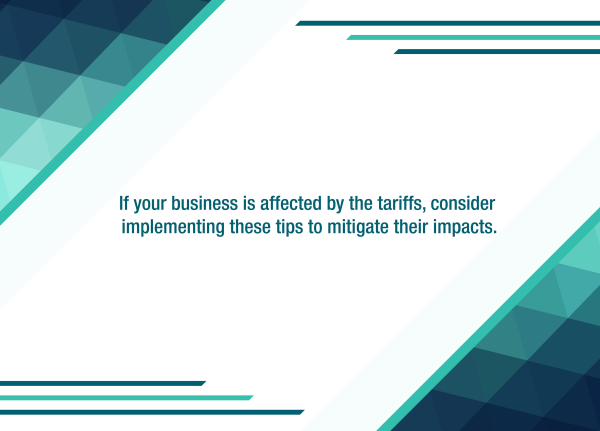Does your estate plan call for making gifts to your grandchildren or other loved ones more than one generation below you? Or, perhaps to you want to leave assets to nonrelatives who are decades younger than you? If so, your plan must address not only gift and estate taxes, but also the generation-skipping transfer (GST) tax.
What is the GST tax?
The GST tax is one of the harshest in the Internal Revenue Code. It’s a flat 40% tax on asset transfers to “skip persons” — that is, your grandchildren, other family members who are more than one generation below you or nonfamily members who are more than 37½ years younger than you. The GST tax is calculated independently from, and is in addition to, gift and estate taxes, so it can take a significant bite out of your hard-earned wealth.
Fortunately, the law provides a generous GST tax exemption. Indeed, under the Tax Cuts and Jobs Act, for the estates of persons dying after December 31, 2017, and before January 1, 2026, the GST tax exemption amount is an inflation-adjusted $10 million ($13.61 million for 2024). Without congressional action, the exemption will revert to an inflation-adjusted $5 million beginning January 1, 2026.
Careful planning is required, however, to make the most of the exemption. In some cases, for an exemption to apply, you must allocate it to particular assets via an affirmative election on a timely filed gift tax return. In other cases, the exemption is allocated automatically (unless you opt out), which can lead to unwanted results if you prefer to allocate your exemption elsewhere.
To avoid costly mistakes, it’s a good idea to review each transfer for potential GST tax liability. Also, take steps to ensure that your exemption is allocated in the most advantageous manner.
What transfers are taxable?
The GST tax applies to direct gifts to skip persons, as well as to these two types of transfers involving trusts:
- Taxable terminations. Trust assets pass to your grandchildren when your child dies and the trust terminates.
- Taxable distributions. Trust income or principal is distributed to a skip person.
The GST tax doesn’t apply to direct gifts that are covered by the annual gift tax exclusion (currently, $18,000 per recipient or $36,000 for “split” gifts per recipient by a married couple).
What protection do automatic allocation rules provide?
The automatic allocation rules are intended to protect you against inadvertent loss of GST tax exemptions. For example, if you make a direct gift in excess of the annual gift tax exclusion to a grandchild or other skip person, your unused GST tax exemption is automatically applied to the gift without the need to make an allocation on a gift tax return. The exemption is also allocated automatically to “GST trusts.” The rules are complex, but in general, a trust is considered a GST trust if there’s a possibility it will benefit your grandchildren or other skip persons in the future.
In many cases, the automatic allocation rules work well, ensuring that the GST tax exemption is used where it’s needed most. But in some cases, the rules may lead to unintended — and potentially costly — results.
GST exemption amount isn’t permanent
Thanks to the currently high GST tax exemption amount, fewer families will be affected by the tax. But there are still reasons to plan for this tax. Indeed, after 2025, and without action from Congress, the GST tax exemption amount will be significantly less. Contact us with questions regarding the GST tax.
____________________________________
We highly recommend you confer with your Miller Kaplan advisor to understand your specific situation and how this may impact you.



